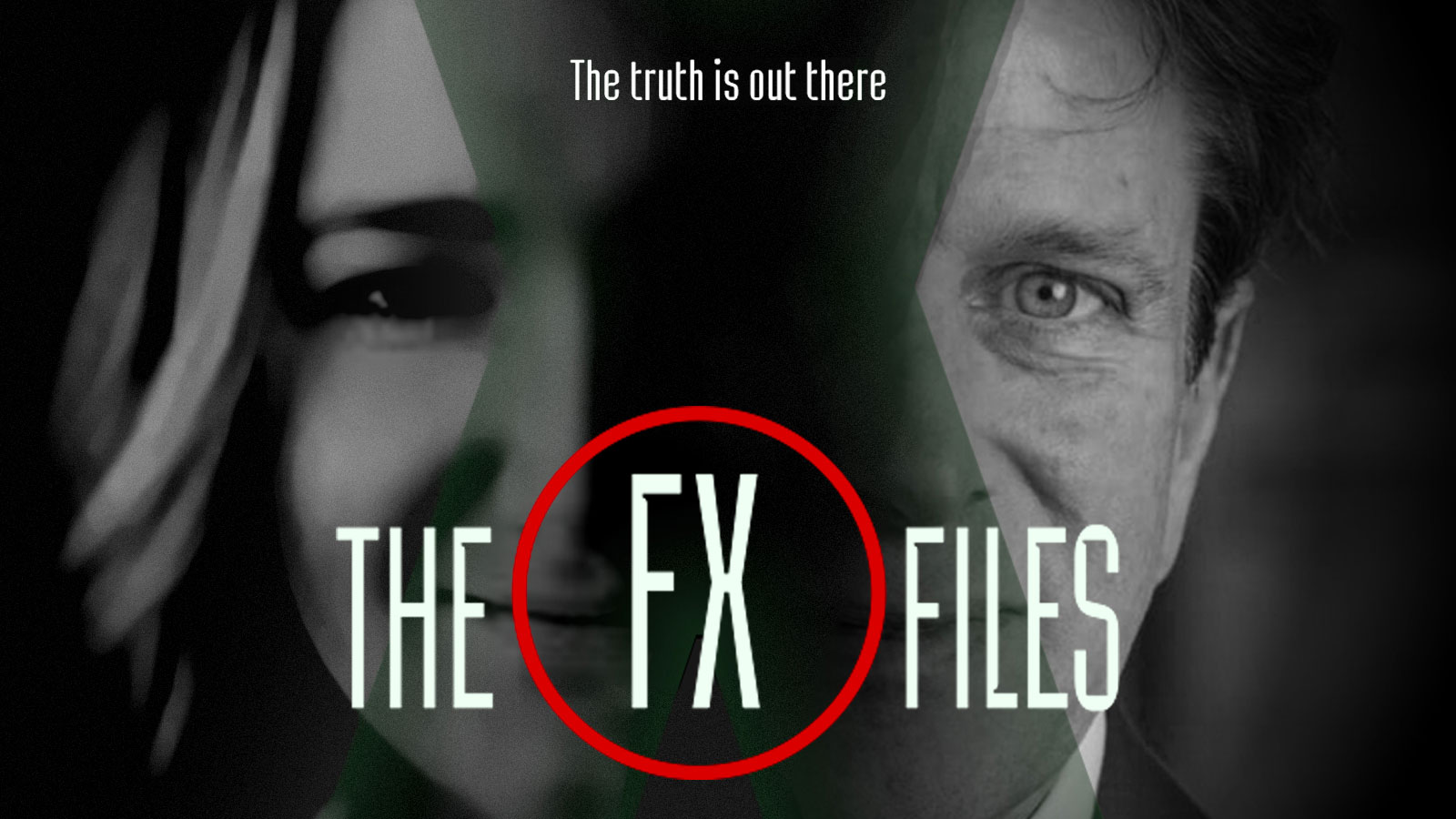International banks and private equity firms have expressed interest in buying equity stakes in rescued lenders from Nigeria’s state bad bank, a Nigerian central bank official tells Euromoney.
Kingsley Moghalu, deputy central bank governor and one of the state bad bank’s directors, says foreigners’ interest includes the stake that the bad bank took in Oceanic, which is now in the process of merging with pan-African lender Ecobank.
Foreign buyers have also expressed interest in the bad bank’s shares in the former Bank PHB, says Moghalu. Bank PHB was nationalized in August alongside two other lenders, Afribank and Spring Bank. The three have since been converted into bridge banks.
The nationalizations happened after the central bank decided the three were unlikely to meet an end-September deadline for agreeing private-sector takeovers. But Moghalu believes the three bridge banks will be sold on in less than three years.
International buyers previously expressed interest in buying the banks bailed out by the central bank after Nigeria’s margin-lending crisis of 2008 and 2009.
Bolaji Balogun, CEO of Chapel Hill Denham – one of the advisers in the central-bank sponsored M&A process for the rescued lenders – says the initial pool of potential investors in the rescued banks looked as deep as around 80.
Investors got scared after the rescued banks released their third quarter 2009 results, says Bolaji. But Nigeria has since dispelled scepticism about its capacity to solve the crisis via purchases of equity and bad debt by the state bad bank – drawing favourable comparisons to sector clean-ups in Ireland and elsewhere.
“Some of the foreign and global players bring to the table best practices in risk management and corporate governance,” says central bank governor Lamido Sanusi. “Many [international banks] decided [in 2009] it was not the right time, partly because they didn’t quite understand the Nigerian market. They had no experience in it. [International banks] didn’t think it would make sense to go into a distressed institution … also partly because the problems were so deep, much deeper than we had thought when we started. [International buyers] will come back and they will come back to stronger institutions.”
Read the November edition of Euromoney for the full story of Nigeria’s banking sector clean-up from the main people involved in the process, and hear how the sector is changing, with new rules to separate investment banks from commercial banks.




